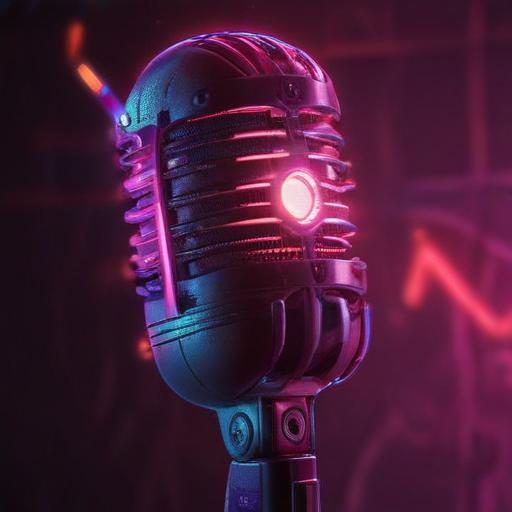K-Pop enthusiasts worldwide have been captivated by the imaginative world of ‘KPop Demon Hunters,’ a new animated feature on Netflix. The film introduces two fictional groups, Huntrix and Saja Boys, engaging in an epic rivalry while showcasing the unique blend of catchy tunes and dynamic storytelling.
Directed by Maggie Kang and Chris Appelhans, ‘KPop Demon Hunters’ follows Huntrix, a girl group that not only performs hit songs but also combats monsters. Their adversaries, Saja Boys, are depicted as an enigmatic boy band with secret demonic identities unveiled throughout the film. As both groups navigate their dual lives, the soundtrack has been making waves, achieving significant success on music charts. Notably, it’s reached number 8 on the Billboard 200 and produced two entries on the Hot 100, with Saja Boy’s “Your Idol” and Huntrix’s “Golden” hitting numbers 77 and 81, respectively.
Executive music producer Ian Eisendrath expresses his astonishment at the project’s reception, stating he underestimated its impact. He emphasized the collaborative spirit behind the film, highlighting the involvement of K-pop’s core creative community to bring authenticity and depth to the music. This collaboration extends to various renowned K-pop artists, illustrating a concerted effort to respect and celebrate the genre.
Eisendrath notes that K-pop, with its theatrical flair and complex musical layers, has allowed for an interplay between narrative and sound. He believes that the film’s success results from a meeting of cinematic storytelling and K-pop’s energetic style, creating music that resonates emotionally with audiences. The creative process also involved temp tracks from various K-pop songs to establish the right energy and tone before creating original material.
Further energizing the project is the involvement of major K-pop contributors, including discussions with industry leaders and vocal recordings taking place across significant music hubs like Korea and Los Angeles. This dedication has forged a rich musical landscape in the film, ensuring that the songs not only serve the characters’ arcs but also hold their own as pop hits.
Looking ahead, Eisendrath hopes for continued crossover success for K-pop, aspiring to create more projects that resonate with a broader audience. He aims to see the talents involved in ‘KPop Demon Hunters’ recognized and celebrated in the music industry.
As the film gains momentum and charts ascend, ‘KPop Demon Hunters’ signifies a thriving blend of storytelling and music that both honors and reinvents the K-pop genre, fostering excitement for future artistic collaborations and opportunities. The hopeful narrative underlying this project may very well serve as a beacon for the growing fusion of animated storytelling and contemporary music, inspiring new creative endeavors in the industry.
